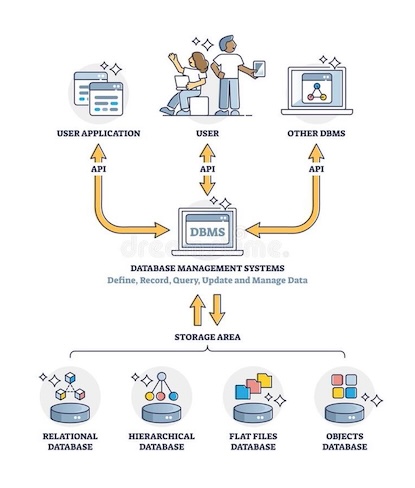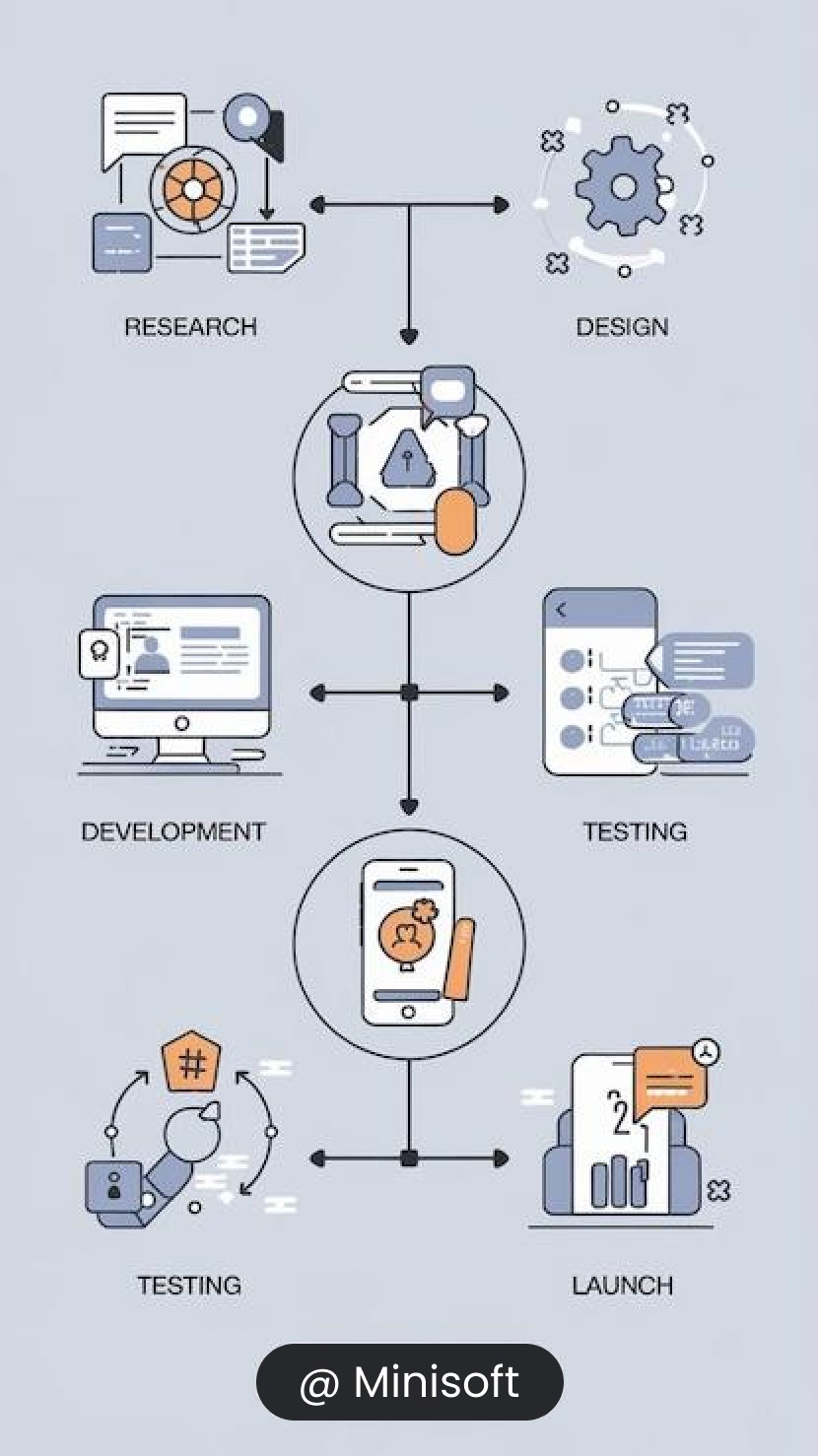Minisoft ecosystem encompasses the network of organizations, individuals, and resources that interact and influence its operations and success.

Restaurant software is a comprehensive digital tool designed to streamline operations, enhance customer service, and improve overall efficiency in the food service industry. It typically includes modules for order management, table reservation, menu management, staff scheduling, and payment processing. This software helps restaurants manage front-of-house and back-of-house operations seamlessly, from taking customer orders to tracking inventory and processing payments. With features like customizable menus, real-time updates, and automated order routing to kitchen staff, it allows for better coordination and faster service, which leads to an improved dining experience for customers.
Beyond operational management, restaurant software also provides valuable insights into sales trends, employee performance, and customer preferences. It integrates with other systems such as accounting software, POS (Point of Sale) systems, and online ordering platforms, ensuring a smooth flow of information across different aspects of the business. Some restaurant software also supports loyalty programs, promotions, and customer feedback management, helping businesses foster customer loyalty and retention. This all-in-one solution simplifies many aspects of restaurant management, reduces errors, and saves time, ultimately leading to higher productivity, profitability, and customer satisfaction.
A typical Restaurant Management software workflow encompasses several interconnected stages and functionalities.
Minisoft ecosystem encompasses the network of organizations, individuals, and resources that interact and influence its operations and success.
A Restaurant Management System is a powerful tool for small-scale businesses looking to grow.
It helps streamline operations, enhance customer interactions, and drive revenue.
Restaurant management software automates various tasks, such as order taking, inventory tracking, and payment processing, significantly reducing manual work. This leads to faster service, less human error, and streamlined operations, making the restaurant run more efficiently.
With features like table management, reservation systems, and order tracking, restaurant software helps provide a seamless customer experience. It ensures that customers are seated promptly, orders are accurately taken and processed, and service is faster, improving overall customer satisfaction.
The software tracks inventory in real-time, automatically updating stock levels as ingredients are used. This helps reduce waste, prevents overstocking, and ensures that popular menu items are always available, optimizing cost management.
Restaurant management software generates detailed reports on sales, customer preferences, and employee performance. Small businesses can use this data to identify trends, make informed decisions, improve menu offerings, and enhance marketing strategies.
The software helps small restaurants monitor operational costs, track sales, and control labor expenses by optimizing employee schedules. By improving inventory management and reducing waste, businesses can maximize profits while maintaining high-quality service.
Not using Restaurant Management Software in a small-scale industry can lead to several disadvantages that hinder growth and efficiency.








